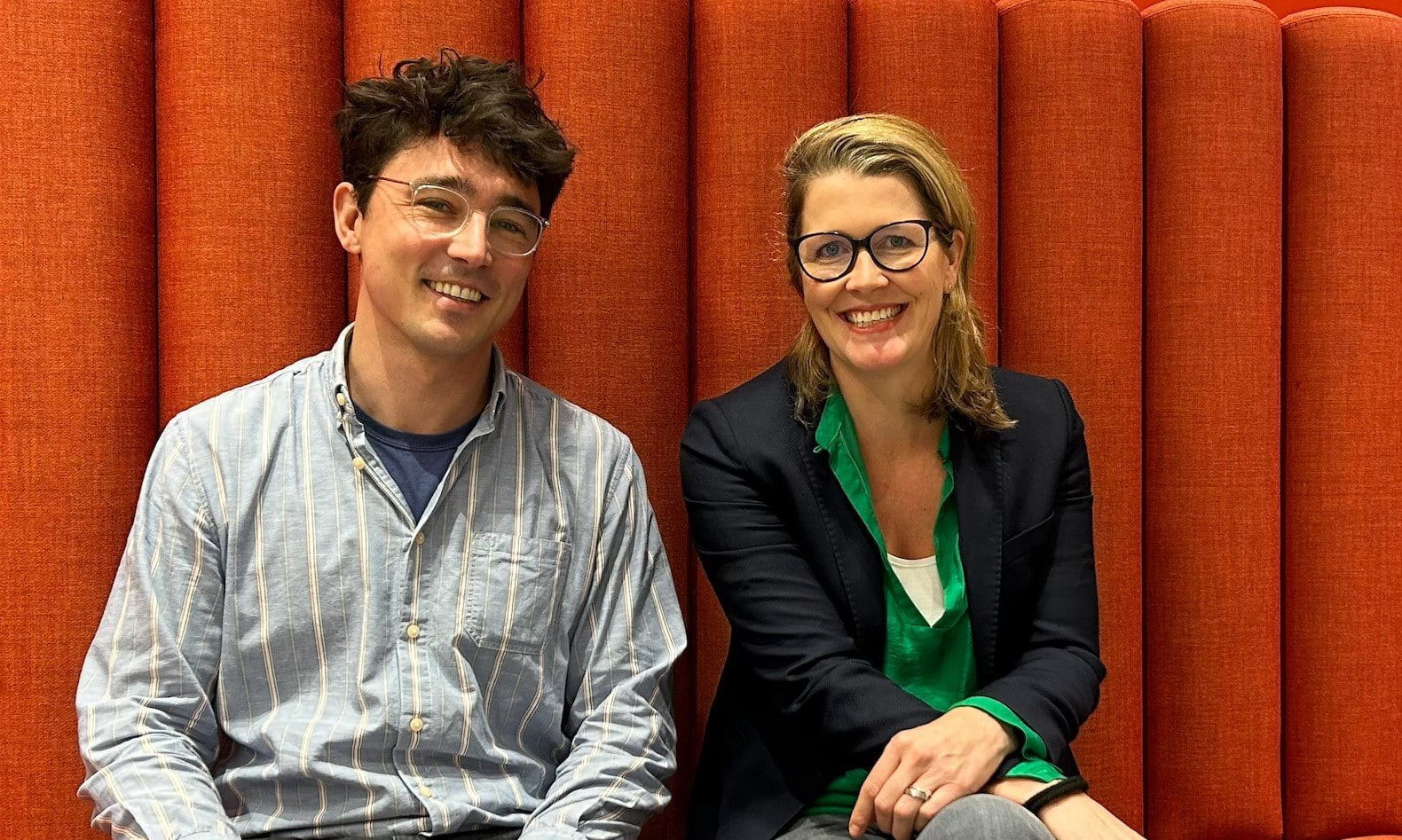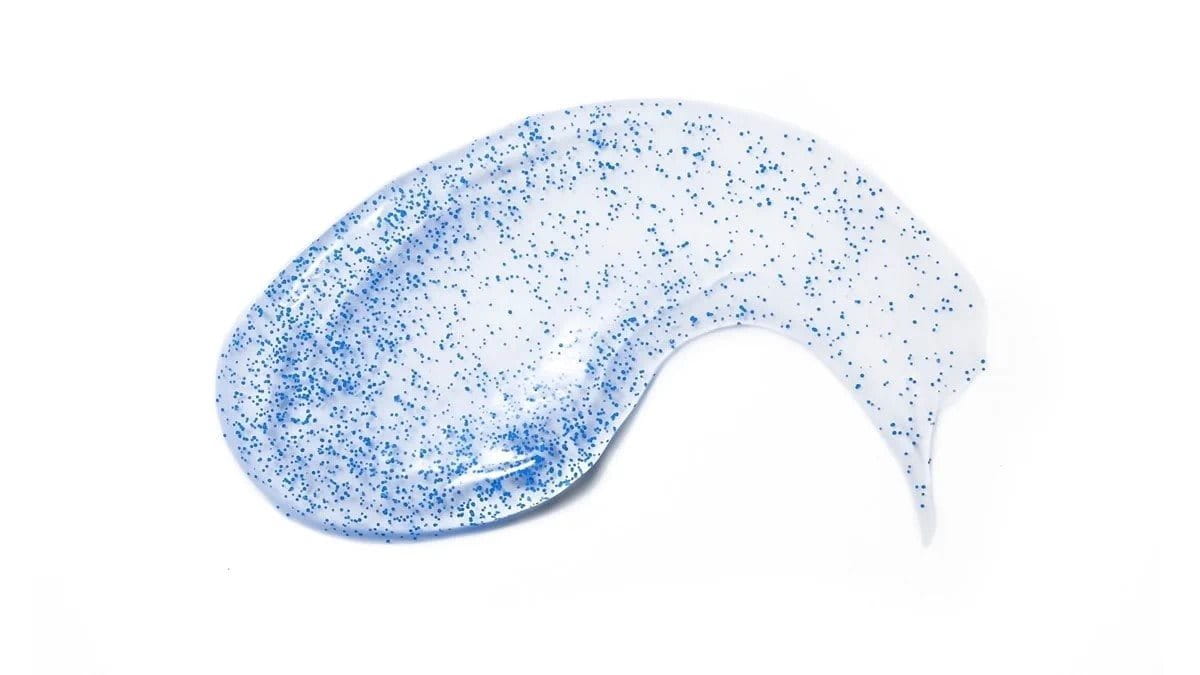The debate about microplastics in the environment has been increasing for many years. At Beiersdorf, we recognized the need for action at an early stage and introduced company-wide measures to avoid microplastics as part of our CARE BEYOND SKIN sustainability agenda and pushed ahead with research into environmentally friendly alternatives. At the end of 2023, we reached an important milestone: following the changeover at NIVEA 2021, all cosmetic formulas of our Eucerin brand are now also completely free from microplastics as defined by the United Nations Environment Programme (UNEP).
But how does the conversion of an entire skincare range with numerous formulas and product properties succeed? Our experts Wiebke Maerker-Scheel (Global Associate Sustainability Director Eucerin) and Dr. Christoph Ernst (Manager Global Product Development Dermo-Cosmetics) provide exciting insights into the process in this interview and explain why our commitment to sustainability does not stop here.




